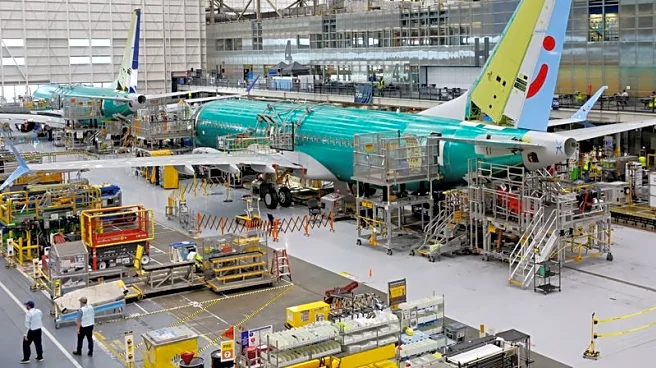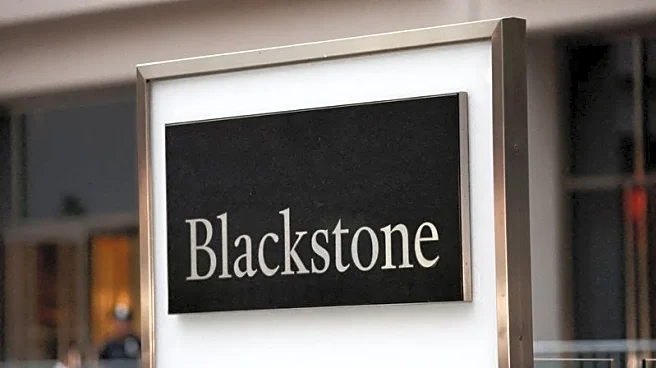Rapid Read • 8 min read
Shanghai, known as the Paris of the East, has a rich history dating back 6,000 years. Initially inhabited by indigenous people, it developed into a fishing village during the Qin and Han dynasties. By the Jin dynasty, Shanghai became a prospering port, further expanding during the Tang and Sui dynasties. The establishment of Shanghai Town and County in 1292 marked its growth as a trade center. The city flourished as a significant trading hub in the 18th and 19th centuries, attracting foreign concessions after the First Opium War. Shanghai's modern industry grew rapidly in the 1930s, earning it the title of Paris of the East. Despite challenges during World War II and the Cultural Revolution, Shanghai revived its economy post-1949, leading China's economic development under Deng Xiaoping's rule.
AD
Shanghai's historical development underscores its role as a major economic and cultural center in China. The city's ability to adapt and thrive amid political and social changes highlights its resilience and strategic importance. As a hub for international trade and industry, Shanghai contributes significantly to China's economic growth and global influence. Its rich cultural heritage and openness to foreign investment make it a key destination for tourism and business. Understanding Shanghai's history provides insights into China's broader economic and social transformations, offering lessons on urban development and international collaboration.
Shanghai is poised to continue its growth as a global economic powerhouse. The city's strategic initiatives, including infrastructure development and cultural preservation, will likely enhance its international appeal. As China pursues further economic reforms, Shanghai's role as a financial hub may expand, attracting more foreign investment and fostering innovation. The city's ongoing efforts to balance modernity with historical heritage will shape its future identity, influencing urban planning and cultural exchanges.
Shanghai's historical journey reflects broader themes of globalization, cultural integration, and economic transformation. The city's ability to blend traditional and modern elements offers insights into the challenges and opportunities of urbanization. As Shanghai evolves, it faces questions about sustainability, cultural preservation, and social equity, prompting discussions on the ethical dimensions of development.
AD
More Stories You Might Enjoy













